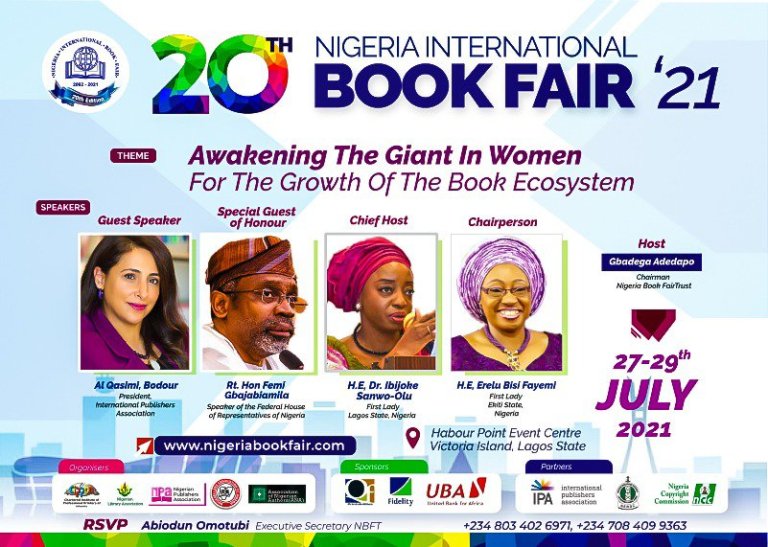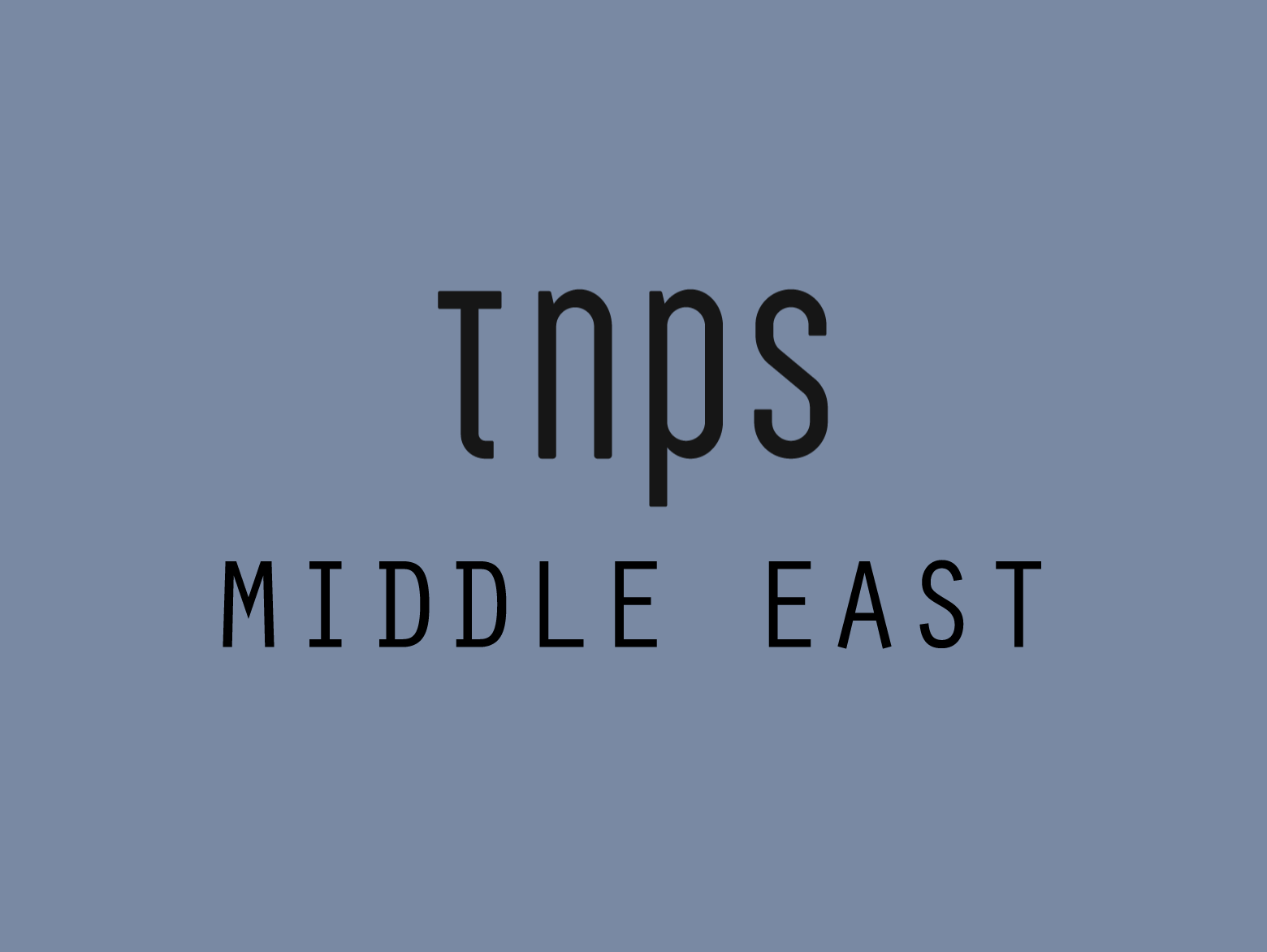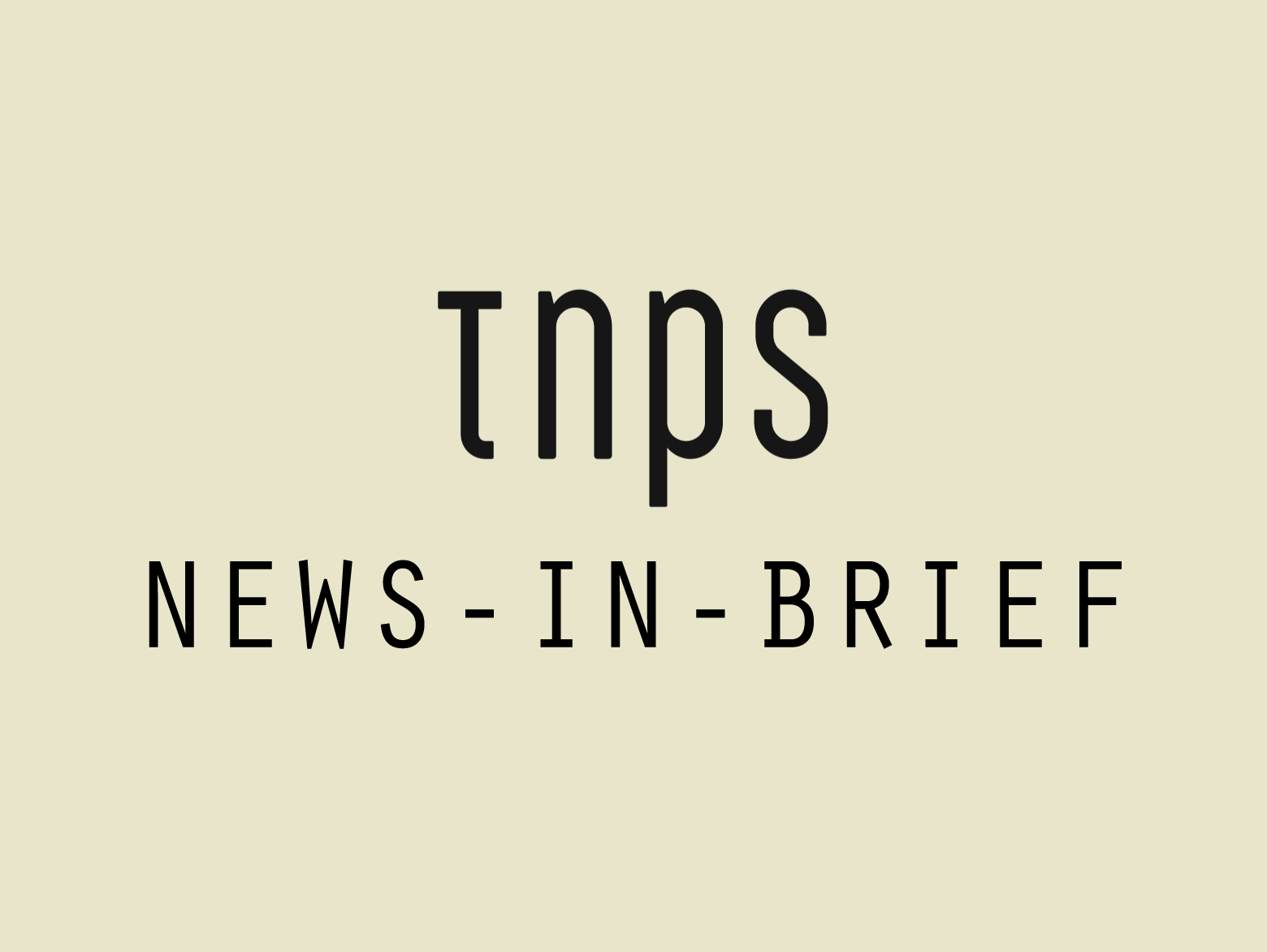There is a huge gap in the market for a major retail and/or subscription platform to offer an international-standard service with domestic and international content to reach not just Nigeria’s 154 million internet users but also the 590 million internet users across the African continent and the 5 billion internet users around the world.
The shift to digital publishing has been slow and tortuous in Nigeria, which is surprising given the country is not just the most populous in Africa and the economic powerhouse of the continent, but also has the most internet users on the continent.
Other media – especially video and music – has long since embraced the advantage digital offers, while publishing has lagged behind, missing a golden opportunity.
But this year the country’s leading publishing event, the Nigeria International Book Fair, adopts a hybrid model – both in-person and online – to get the best of both worlds, and with Nigeria’s internet users now totalling 154 million the Nigerian publishing industry may at last be ready to take digital seriously.

The three-day event, running July 27-29 in the former capital, Lagos, takes the theme “Awakening the Giant in Women for the Growth of the Book Ecosystem”, with the IPA’s Bodour al Qasimi, no stranger to Africa’s book markets, to give the key-note speech.
Ronke Orimalade said of the theme:
Women have been in the forefront of bookselling over the years. Even in those days, many women did a lot to promote the sales of educational books. Those who were not educated knew the colours of the prescribed books for the various classes and used that knowledge to get the books to the market place.
Nigerian Book Fair Trust Chairman Gbadega Adedapo added:
The programmes for the book fair have been carefully put together to harmonize the interest of women, discuss the strategies to empower women in the book value-chain for the benefits of all and sundry.
On the adoption of a hybrid fair model, Adedapo explained:
In spite of the ups and downs that the world has been witnessing over a year now due to the COVID-19, all is now set to organize the 20th edition of Nigeria International Book Fair. The last one year has made us realize that any enterprise without online presence will die naturally. As a trust, we are embracing the new norm as this year’s book fair will be hybrid in nature; a hybrid experience- physical and virtual participation.
For more from the press release about the planned event, visit Nigeria’s Vanguard.
Here just to step back and take a look at the bigger picture.
Nigeria isn’t just the biggest country by internet users in Africa. It’s in the top five in the entire world, with more than twice as many people online than the UK, and when the next count is made will have more than twice as many internet users as Germany.
So far the big western digital books players have studiously steered clear of Nigeria. Amazon’s Kindle store is not an option. Nor is Google Play Books or Apple Books. Kobo is accessible only through the Kobo US “international store”. In the audiobook sector while I’m sure Storytel is looking carefully at Nigeria the Sweden-based operation has so far only one foot on the African continent, in Egypt, and that only via its MENA Hub operating out of Dubai, UAE.
Domestic start-ups come and go, but few have made any real impact, thanks to Nigerian publishers as a whole not being ready to make the leap of faith to embrace digital fully, while international publishers are unwilling to, or cannot find opportunity to, release digital content into the Nigerian market.
Exceptions like Okada, while it has made a significant impact within Nigeria (280,000 readers), does not welcome international content. At the other end of the scale, Publiseer helps take Nigerian content to the world (most recently announcing a distribution agreement with Germany’s Libri), but doesn’t offer much local reach.
Individual publishers sell ebooks on their own websites or via the African Book Collective (example Malthouse Press), and no question micro-ebooks stores exist in Nigeria.
But there is a huge gap in the market for a major retail and/or subscription platform to offer an international-standard service with domestic and international content to reach not just Nigeria’s 154 million internet users but also the 590 million internet users across the African continent and the 5 billion internet users around the world.
Let’s hope the hybrid 2021 Nigeria International Book Fair will bring that a step closer.





